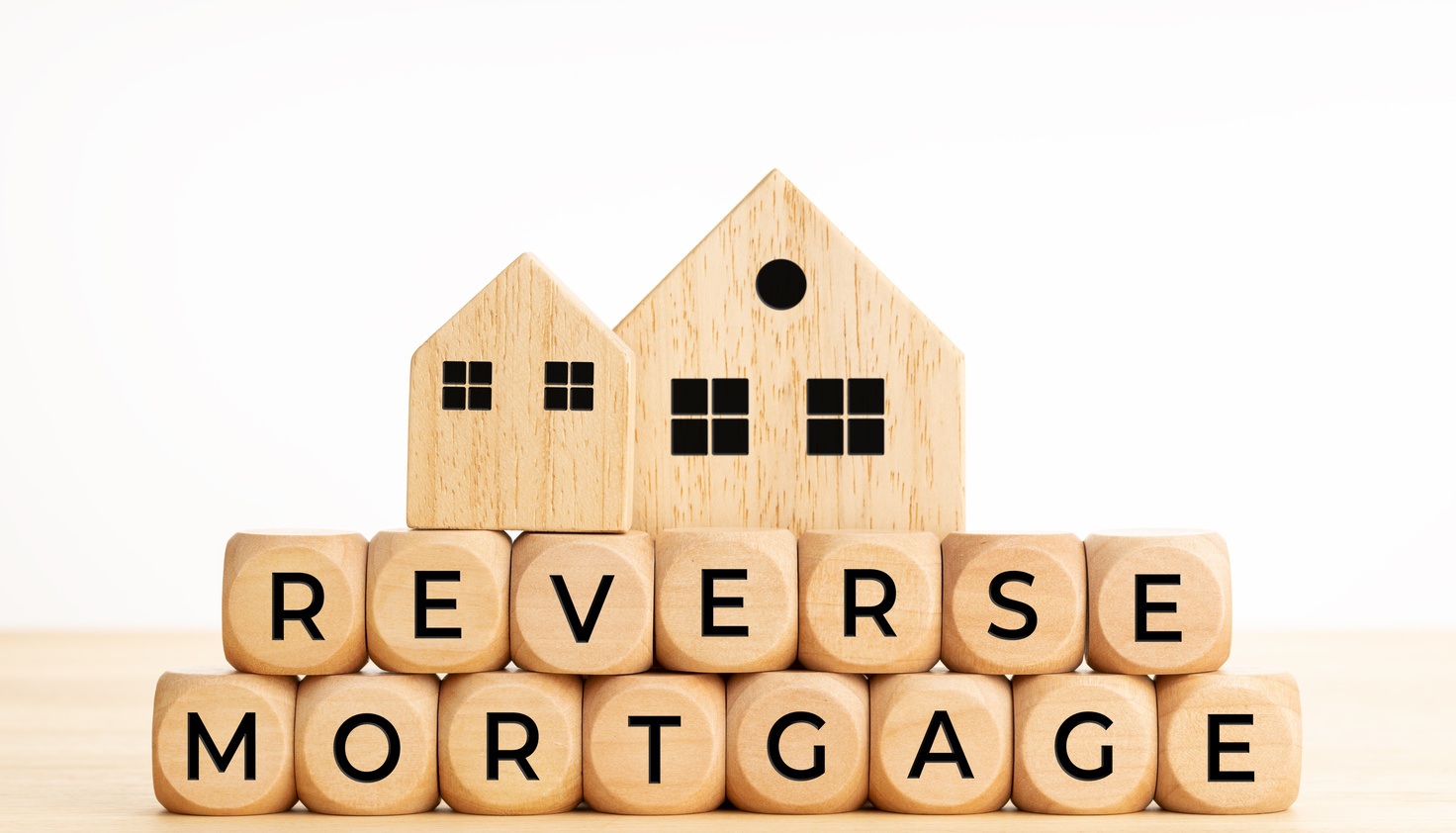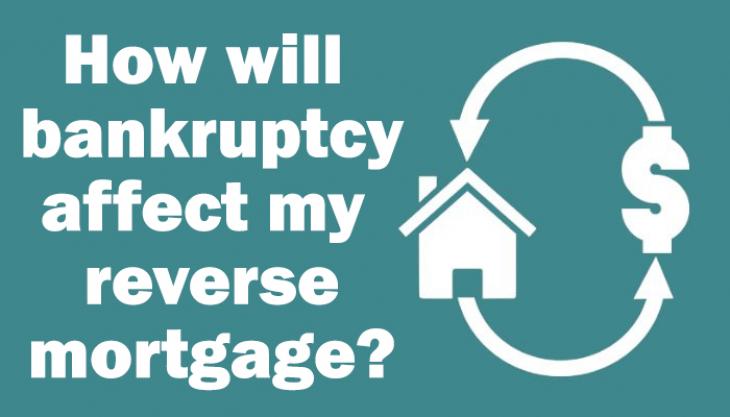How to Purchase Reverse Mortgage and Maximize Your Home’s Value
How to Purchase Reverse Mortgage and Maximize Your Home’s Value
Blog Article
Empower Your Retirement: The Smart Means to Acquisition a Reverse Home Loan
As retirement techniques, numerous people look for effective strategies to improve their economic freedom and wellness. Among these approaches, a reverse mortgage emerges as a practical choice for homeowners aged 62 and older, enabling them to tap into their home equity without the need of monthly repayments.
Understanding Reverse Home Loans
Understanding reverse home loans can be essential for home owners looking for economic adaptability in retirement. A reverse home mortgage is an economic product that permits eligible home owners, typically aged 62 and older, to transform a part of their home equity into cash. Unlike standard home mortgages, where consumers make regular monthly payments to a lending institution, reverse mortgages allow house owners to get payments or a swelling sum while maintaining possession of their building.
The quantity readily available through a reverse home loan relies on a number of variables, including the homeowner's age, the home's value, and present interest prices. Importantly, the loan does not need to be paid off till the homeowner sells the home, vacates, or dies.
It is important for prospective customers to comprehend the ramifications of this economic product, including the influence on estate inheritance, tax obligation considerations, and recurring responsibilities associated with property upkeep, taxes, and insurance. Furthermore, counseling sessions with accredited professionals are frequently needed to make certain that borrowers completely comprehend the terms and problems of the financing. In general, a comprehensive understanding of reverse mortgages can encourage homeowners to make enlightened choices concerning their monetary future in retired life.
Advantages of a Reverse Mortgage
A reverse home loan uses several compelling benefits for qualified house owners, particularly those in retirement. This monetary device permits senior citizens to convert a portion of their home equity into cash, giving essential funds without the need for month-to-month home loan repayments. The cash acquired can be utilized for numerous objectives, such as covering clinical expenditures, making home improvements, or supplementing retired life earnings, hence improving total financial adaptability.
One substantial advantage of a reverse home loan is that it does not need repayment up until the home owner moves out, offers the home, or passes away - purchase reverse mortgage. This attribute makes it possible for senior citizens to preserve their way of life and fulfill unforeseen expenses without the concern of month-to-month settlements. Furthermore, the funds obtained are typically tax-free, permitting house owners to utilize their cash money without worry of tax ramifications
Furthermore, a reverse home mortgage can offer satisfaction, recognizing that it can work as a financial safety net throughout difficult times. Homeowners additionally keep possession of their homes, guaranteeing they can continue living in an acquainted setting. Eventually, a reverse home loan can be a strategic economic source, empowering senior citizens to handle their finances properly while enjoying their golden years.
The Application Refine
Browsing the application procedure for a reverse home mortgage is a crucial action for homeowners considering this economic option. The initial stage entails evaluating eligibility, which generally needs the homeowner to be a minimum of 62 years of ages, own the property outright or have a reduced home mortgage equilibrium, and occupy the home as their main house.
Once eligibility is verified, property owners must undertake a counseling session with a HUD-approved therapist. This session guarantees that they totally recognize the effects of a reverse home mortgage, consisting of the duties involved. purchase reverse mortgage. After finishing counseling, candidates can continue to gather necessary paperwork, consisting of proof of income, possessions, and the home's value
The next step requires submitting an application to a loan provider, who will certainly evaluate the financial and property credentials. An appraisal of the home will certainly additionally be conducted to identify its market value. If accepted, the loan provider will certainly present finance terms, which should be evaluated very carefully.
Upon approval, the closing process follows, where last files are authorized, and funds are disbursed. Recognizing each phase of this application procedure can substantially enhance the property owner's self-confidence and decision-making regarding reverse mortgages.

Key Considerations Prior To Purchasing
Purchasing a reverse home loan is a significant monetary choice that requires mindful factor to consider of a number of essential variables. Assessing your monetary requirements and goals is similarly vital; establish whether a reverse home mortgage lines up with your long-term plans.

In addition, analyze the effect on your current way of life. A reverse home mortgage can influence your qualification for particular federal government benefits, such as Medicaid. Look for professional guidance. Consulting with a monetary consultant or a housing counselor can supply valuable understandings tailored to your private conditions. By thoroughly evaluating these factors to consider, you can make an extra enlightened decision about whether a reverse home mortgage is the appropriate financial method for your retired life.
Maximizing Your Funds
Once you have secured a reverse home mortgage, properly taking care of the funds comes to be a concern. The flexibility of a reverse home mortgage allows home owners to utilize the funds in various ways, however calculated planning is crucial to maximize their benefits.
One essential technique is to develop a spending plan that details your monthly expenditures and economic objectives. By recognizing needed expenditures such as medical care, real estate tax, and home upkeep, you can allot funds accordingly to ensure long-lasting sustainability. Additionally, consider utilizing a part of the funds for investments that can create earnings or appreciate gradually, such as dividend-paying supplies or shared funds.
An additional vital aspect is to preserve a reserve. Alloting a get from your reverse home loan can help cover unanticipated expenses, providing assurance and economic stability. Furthermore, seek advice from a financial advisor to check out possible tax obligation implications and just how to incorporate reverse home mortgage funds into your general retirement technique.
Inevitably, sensible administration of reverse home mortgage funds can boost your economic safety and security, enabling you to enjoy your retirement years without the stress and anxiety of financial unpredictability. Careful preparation and educated decision-making will certainly make certain that your funds function efficiently for you.
Conclusion
In conclusion, a reverse mortgage presents a viable monetary strategy for senior citizens seeking to improve their retirement experience. By converting home equity right into obtainable funds, individuals why not try this out can attend to essential expenditures and safe additional economic sources without sustaining regular monthly settlements.
Understanding reverse mortgages can be look at more info essential for home owners seeking economic flexibility in retired life. A reverse home loan is a financial product that permits eligible property owners, generally aged 62 and older, to convert a portion of their home equity into cash. Unlike standard home loans, where debtors make regular monthly payments to a lender, reverse home mortgages allow home owners to obtain payments or a swelling amount while retaining ownership of their residential property.
On the whole, an extensive understanding of reverse mortgages can encourage property owners to make educated choices regarding their monetary future in retired life.
Consult with an economic expert to explore feasible tax implications and how to integrate reverse home mortgage funds right into your general retired life technique.
Report this page